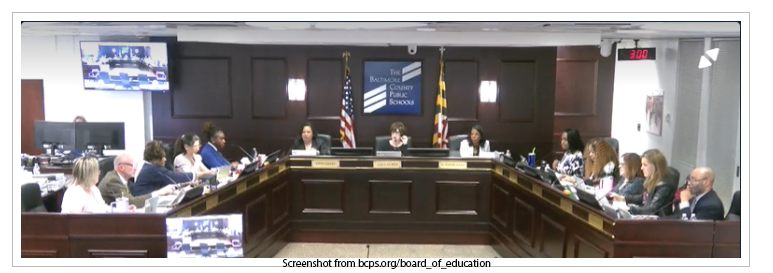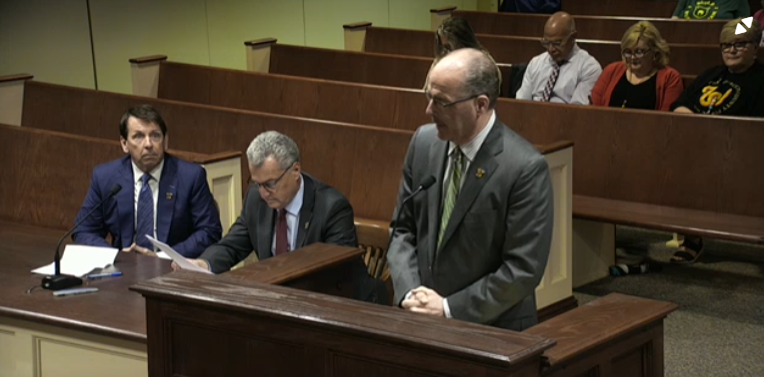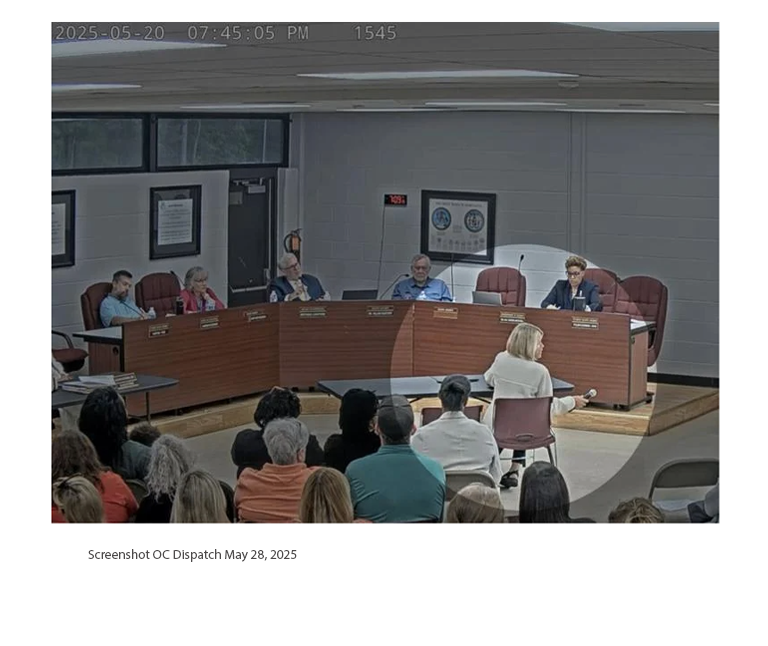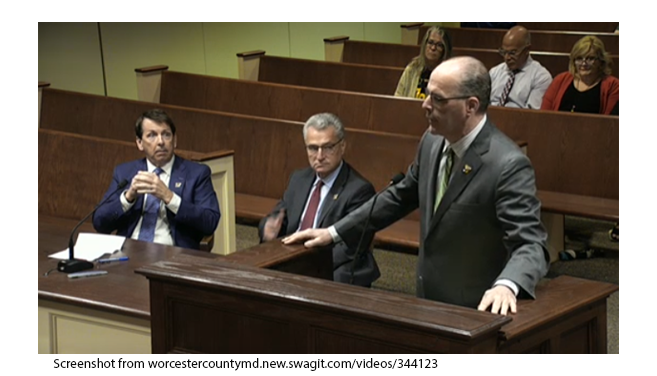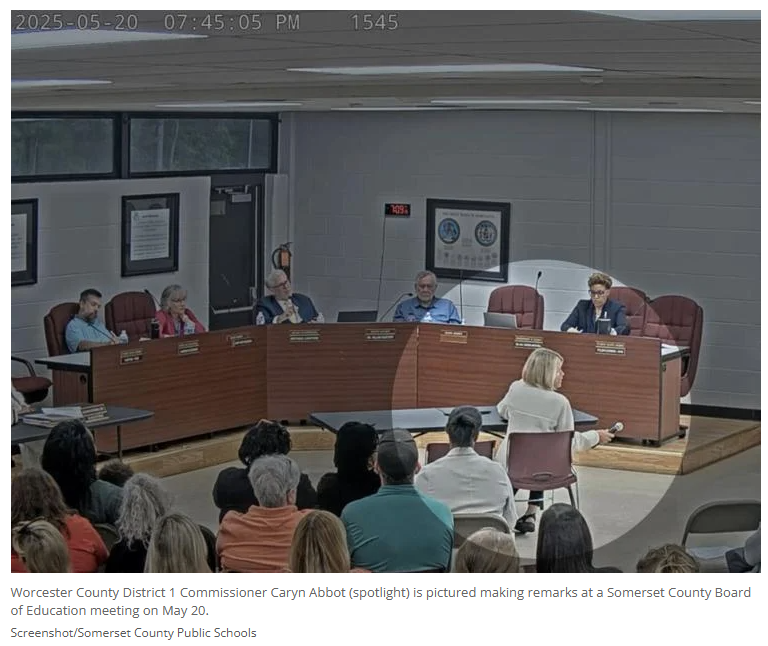
Busting Myths and Misconceptions About Motivating Students
How to reengage and motivate students who are checking out of school—both mentally and physically—is a top priority for educators, especially as students are misbehaving and skipping class more now than they were before the pandemic.
As much as one-quarter of all students were chronically absent in the 2021-22 school year, according to separate analyses by the McKinsey Institute and the Associated Press in partnership with a researcher from Stanford University. Seventy percent of teachers said in an EdWeek Research Center poll from earlier this year that their students continue to misbehave more now than they did in 2019.
But wanting to motivate students to try their best in school is not the same as knowing how to, and common myths and misconceptions about motivation might be foiling educators’ efforts.
One big misconception is that today’s students are unmotivated.
While 86 percent of 13- to 19-year-olds surveyed by the EdWeek Research Center in February said they feel motivated to do their best in school, 67 percent of educators—teachers, principals, and district leaders—see their students as motivated.
And when it comes to the lingering effects of the pandemic on students’ motivation, the gap between educators and students is even wider: Only 38 percent of teens said that as of this year, the pandemic has made them less motivated to do their best in school while 80 percent of educators say the pandemic continues to affect their students’ motivation.
To tackle other common myths and misconceptions about students’ motivation in school, EdWeek put this question to three experts on motivation and engagement: If you could bust one myth about motivation, what would it be? They shared their answers during an EdWeek K-12 Essentials Forum focused on student motivation and engagement, which took place on Sept. 21.
Myth #1: Students who are not motivated never will be
Students’ interests, social identity, and values all affect their motivations, but teachers can also influence kids’ motivation and engagement, said Jennifer Fredericks, a professor of psychology at Union College in Schenectady, N.Y.
“Some kids are going to be harder to motivate than others,” she said. “But with the right supports, the right tasks, setting up the right social environment, I think we can increase their motivation.”
One aspect of motivation that is often underemphasized, said Fredericks, is how important relationships and a sense of belonging are to motivating and engaging students.
Teacher-student relationships are an important aspect of motivation for all ages, she said, and the teacher-student relationship is especially influential in the elementary years.
“I’ve done work with teachers working with disengaged kids, and those kids are harder to develop relationships with, but we know that a teacher relationship with a kid who is either not motivated or is disengaged has even more of a positive benefit than [with] a kid who might be able to get motivated through different ways.”
Myth #2: Motivation is simply about wanting to do something
People often see motivation as simply wanting to do something or not, said Emily Q. Rosenzweig, an assistant professor of educational psychology at the University of Georgia. But motivation is complex and dynamic, she said, and there are many pieces that influence it.
“You can feel confident, you can want to do well, something can be really relevant to the person you want to be, or it could just be fun and exciting, or you can be getting something out of it—all these different factors can motivate people,” she said. “It’s just very important to think about it as everybody is motivated for something in the learning context, it’s just not always something we as educators expect or necessarily even prefer.”
There are several strategies for how teachers can help support student motivation in the classroom, such as giving students opportunities to relate lessons to their lives, goals, and identities, said Rosenzweig, as well as making students feel successful.
“You really can’t underestimate the power of making sure students feel confident to succeed and just being sure to draw students’ attention to their success,” she said.
Giving students voice, autonomy, and decisionmaking power in their education is also an important tool for increasing their motivation and engagement, said Fredericks.
Myth #3: Motivation is easy to recognize
Imagine a motivated and engaged student, and the picture many of us are likely to conjure up is one of a child sitting straight-backed at their desk with their hand raised with a locked elbow.
But there is no single “look” to motivation and engagement, said Carlton Fong, an associate professor at Texas State University’s college of education.
“For quite some time, we have operated with motivational theories that we thought were universal but really they were normed and thought of with mostly white middle-class students,” he said. “We really need to think about how different students learn and how motivation is culturally bound and situation-specific, and it’s inherently social-cultural.”
Students’ upbringing, families, communities, and cultures all feed into what may motivate a student and what it looks like for that student to be motivated, he said.
“Coming in with Western goggles is not really going to be a good way to think about, ‘OK, what’s motivating or demotivating my student,’ but actually thinking about it in this cultural context,” Fong said.
Teachers need to know their students as individuals—that’s nothing new—but it’s important to take that a step further and see students’ motivations as unique as well, said Fong.
Dig Deeper With Our Longreads
Newsletter Sign up to get our best longform features, investigations, and thought-provoking essays, in your inbox every Sunday.
The MEN was founded by John Huber in the fall of 2020. It was founded to provide a platform for expert opinion and commentary on current issues that directly or indirectly affect education. All opinions are valued and accepted providing they are expressed in a professional manner. The Maryland Education Network consists of Blogs, Videos, and other interaction among the K-12 community.


